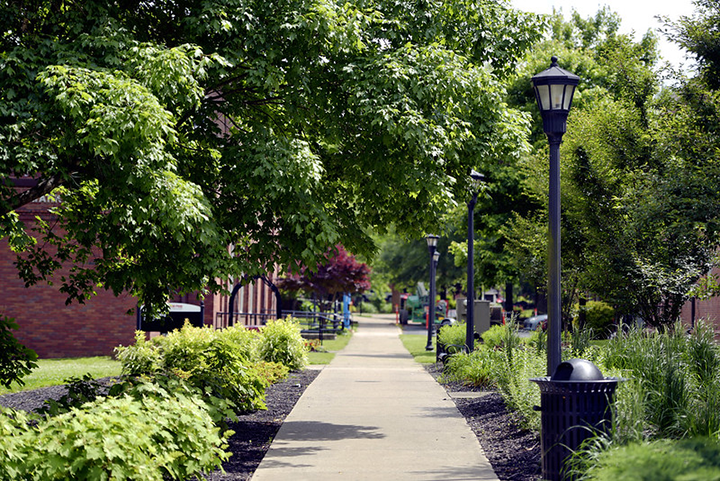
With COVID-19 precautions in place and enrollment declines at college campuses across Tennessee, fall 2020 was a semester like no other. In many ways, it was a time of adjustments and transitions for students as well as institutions.
While the Tennessee Higher Education Commission (THEC) had an understanding of how COVID-19 affected colleges and universities across the state, we needed more insight into how the pandemic affected students. With that information, THEC can ensure student voices are represented in ongoing policy and planning conversations. To that end, THEC’s research team surveyed students on how COVID-19 had impacted them and their educational plans.
While most public colleges were surveying students on COVID-19, they were doing so to different extents, with different intentions, and on different topics. To get a uniform sense of how students across the state were affected, we administered a short online survey in October 2020 and heard from nearly 1,700 students (42 percent from community colleges, 35 percent from Locally Governed Institutions, 23 percent from the University of Tennessee System).
We asked students if COVID-19 had personally affected them in terms of housing, personal income, and family income. More than one-quarter of respondents indicated having housing affected. Roughly 60 percent indicated having personal and family income affected. Apart from slight variations across sectors, the share of students reporting being affected in each category was largely consistent. Also constant across all sectors, a greater share of students reported some likelihood of postponing graduation. In terms of concerns about the pandemic, roughly 71 percent of participants indicated concern with their personal well-being and 68 percent were concerned about taking full-time coursework.
We also asked how satisfied students were with the institutional response to COVID-19 pertaining to precautions taken (e.g., limiting on-campus activities), speed to respond (i.e., how quickly the college responded to safety concerns), and with information sharing (i.e., how well the college kept them informed). Overall, students were generally satisfied with how their institutions responded to COVID-19.
Finally, we asked: “Based on your situation, what could your college do to better support you?” Just over 800 students responded, and most cited their experience in online/distance education. Responses fell into three broad categories: (1) the need to improve the online/distance education experience, (2) the need for supplemental financial aid and support, and (3) the need for better communication and transparency.
This survey helps to underscore that students are facing additional stressors outside of their education, especially with nearly 71 percent being concerned for their personal well-being and many students expressing a concern with mental health and their ability to cope with distance learning. Roughly a third of students indicated a likelihood they would postpone graduation, and with nearly 70 percent of respondents expressing concern with taking full-time coursework, we may also expect delays in undergraduates’ time to earn a degree.
Lastly, the survey responses indicate a need to improve the student experience in online/distance education. Students’ responses highlighted areas for improvement, including communicating clear course expectations, providing online student support and access to campus resources, adequately preparing instructors for online teaching, and ensuring regular correspondence between instructors and students.
In so many ways, one student’s response summarizes the survey’s takeaways: “It has been a tough semester.” We are now nearing the end of the Spring 2021 term, and vaccines are becoming increasingly available. Even as we continue to trend toward a new normal, these findings highlight both short- and long-term problems facing higher education and provide an invaluable glimpse into student experiences during a global health crisis. For additional details on research methods, students sampled, and survey findings, check out the full report.
Jacob Kamer is a research and strategy analyst for the Tennessee Higher Education Commission.
